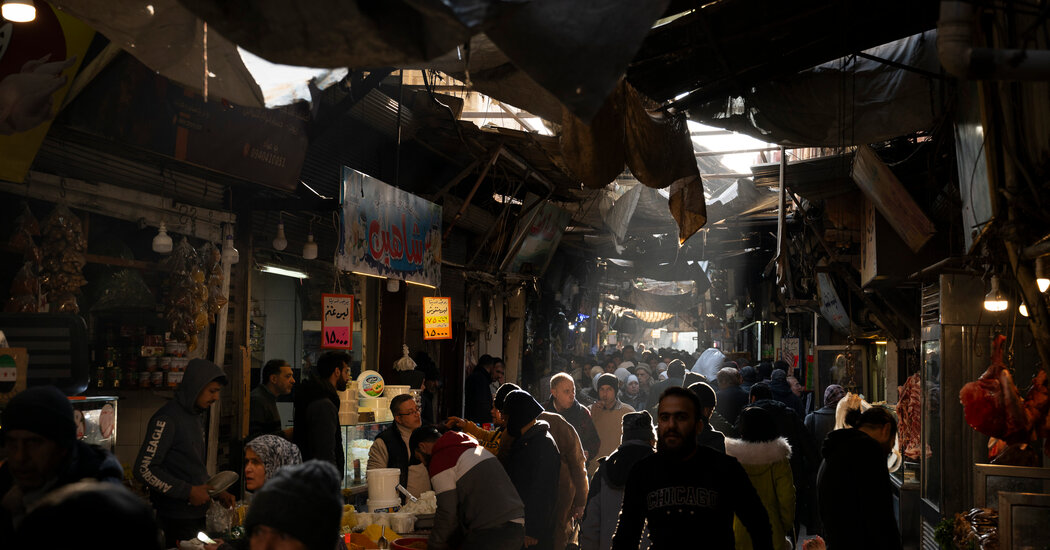Syrians React to New Caretaker Government Announcement
On Sunday, the Syrian populace was coming to terms with the recent announcement of a caretaker government that is set to govern the nation for the next five years. While many expressed a sense of resignation regarding the continued influence of the rebel faction that took control in December, there was also a notable appreciation for the representation of the country’s major ethnic minorities within the new administration.
The rebels, who successfully ousted President Bashar al-Assad in December, have since positioned themselves as Syria’s de facto authorities. They appointed their leader, Ahmed al-Shara, as interim president to oversee the formation of a transitional government. Mr. al-Shara revealed the highly anticipated new government late Saturday night, officially swearing in 23 cabinet ministers in a ceremony that extended into the early hours of Sunday—the last day of Ramadan, paving the way for the Muslim festival of Eid al-Fitr.
The newly formed government appears to be a calculated effort to strike a balance between addressing demands for a more inclusive cabinet that could help unify the war-torn and fragmented nation, while also ensuring that Mr. al-Shara’s close allies maintain control of the most significant ministries.
Among the appointed ministers are seven affiliated with the provincial administration that Mr. al-Shara once led in the rebel-held city of Idlib. Additionally, he appointed nine independent ministers, including technocrats and former activists, and included five individuals who had previously served in the early years of the Assad regime before the outbreak of civil war.
The new cabinet notably features representation from each of Syria’s principal ethnic minorities, including Kurds, Druze, Christians, and Alawites—the latter being the sect of Mr. al-Assad himself. Among these appointments is the only female minister, Hind Kabawat, a Christian, who will oversee the Ministry of Social Affairs.
“It is inevitable that some voices will still feel marginalized,” stated Abdy Yeganeh, policy director at the Independent Diplomat, a nonprofit advisory organization based in London, prior to the swearing-in ceremony. However, he also conveyed a sentiment of cautious optimism regarding the transition in Syria, particularly with the unveiling of the new government.
Facing pressure from Western nations and members of Syria’s civil society to cultivate an inclusive government, Mr. al-Shara’s efforts took on heightened urgency following recent sectarian violence that erupted among Alawite communities along Syria’s coastal region.
“There is a pressing need to broaden the circle of inclusion,” remarked Ibrahim al-Assil, a senior fellow at the Middle East Institute in Washington, D.C., before the announcement. He emphasized the necessity for Mr. al-Shara to expand his small circle of allies who had been governing since December. “This inclusion is essential not only to reflect the diverse fabric of Syrian society but also because they require broader support to effectively manage the country’s challenges.”
Muhammad Haj Kadour contributed additional reporting from Damascus.




